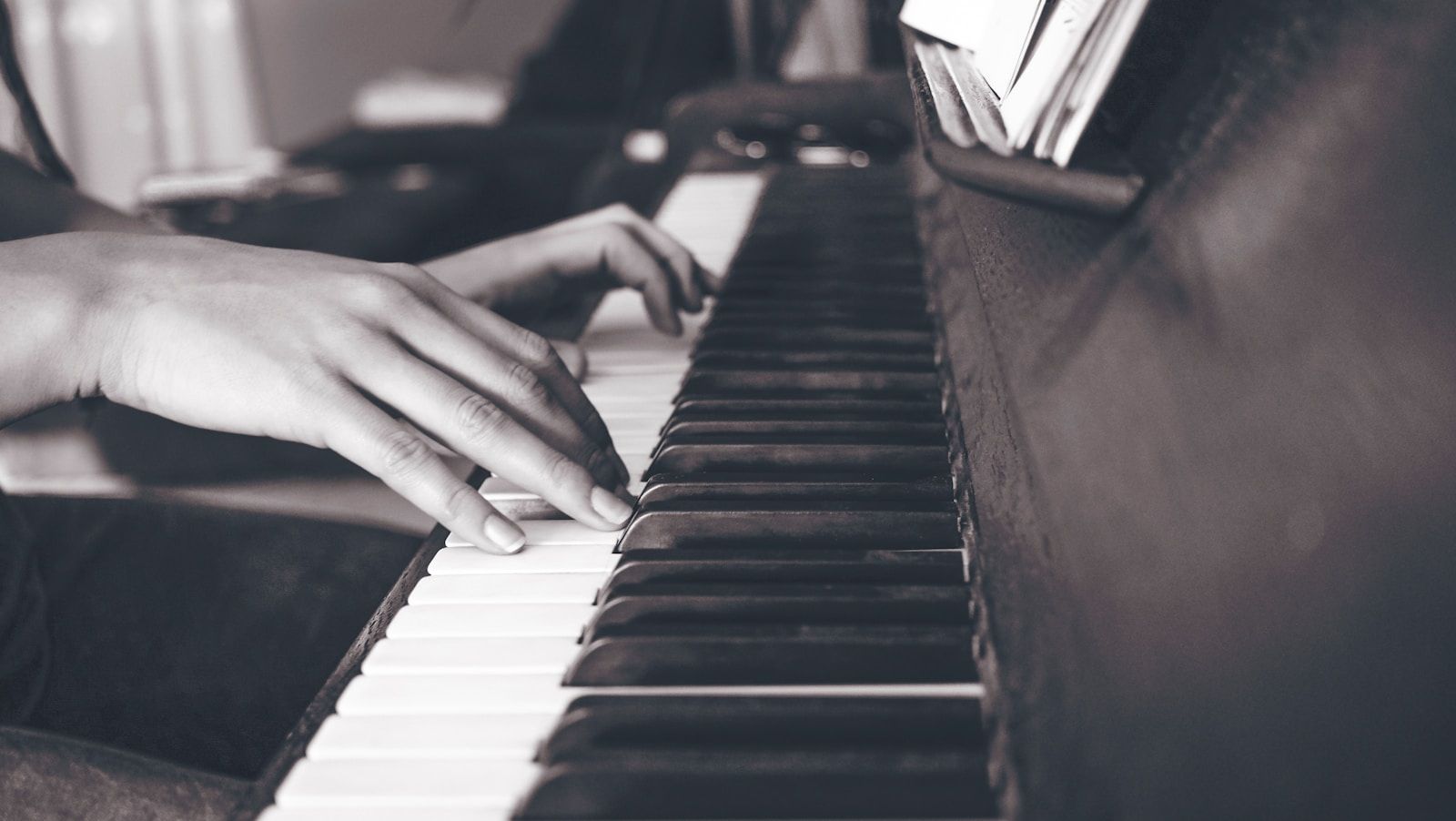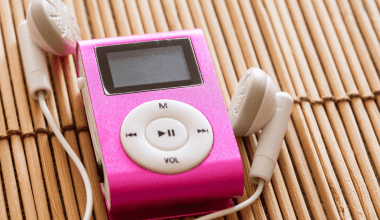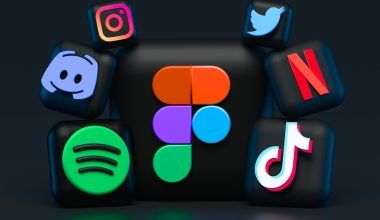The dream of every musician is to have their music heard by audiences far and wide. Thanks to modern technology, this dream is now more achievable than ever. But the question remains: how do you distribute your own music? In this blog, we’ll break it all down for you in simple, easy-to-understand steps. By the end, you’ll feel confident about taking your music to the world stage.
Why Music Distribution Matters
Music distribution is the process of getting your songs on platforms like Spotify, Apple Music, and YouTube Music. Without distribution, your music stays in your personal library and doesn’t reach listeners who might become your fans. Distribution bridges the gap between you, the artist, and your audience, allowing your tracks to reach millions of potential listeners globally.
Traditional vs. Modern Distribution
In the past, music distribution meant working with record labels or physically shipping CDs and vinyl to stores. Today, digital distribution makes everything faster and easier. You can upload your music online and have it available worldwide within days—sometimes even hours. Isn’t that amazing?
How to Distribute Your Own Music
Let’s dive into the step-by-step process to distribute your music independently.
Step 1: Prepare Your Music
Before distributing, you need to ensure your music is polished and ready. Here’s how:
- Finalize Your Mix and Master: High-quality production is key to making your music stand out.
- Format Your Files Correctly: Most platforms require audio files in WAV format, 16-bit, 44.1 kHz.
- Organize Metadata: Include song titles, artist name, and album details.
Step 2: Choose a Distribution Platform
Distribution platforms act as a middleman between you and streaming services. Here are some popular options:
- TuneCore: Known for its user-friendly interface.
- DistroKid: Offers unlimited uploads for a yearly fee.
- CD Baby: Charges per release but has excellent customer support.
- AWAL: Ideal for independent artists with a strong presence.
Research these platforms and choose the one that best suits your goals.
Step 3: Register for Royalties
Don’t miss out on the money your music can earn. Register with organizations like ASCAP, BMI, or PRS to collect performance royalties. You’ll also want to set up accounts with SoundExchange for digital royalties.
Step 4: Upload Your Music
Once you’ve selected a distribution service, it’s time to upload your tracks. Here’s what you’ll need:
- Cover Art: Ensure your artwork meets platform specifications.
- Release Date: Plan your release to allow for marketing preparation.
- Track Details: Provide accurate information about your songs.
Step 5: Promote Your Release
Distribution alone won’t guarantee success. You need to market your music effectively. Use social media, email newsletters, and live performances to spread the word. Collaborating with influencers or bloggers can also amplify your reach.
Step 6: Monitor Your Performance
After your release, track how your music is performing. Platforms like Spotify for Artists and Apple Music for Artists offer analytics that show:
- Number of streams
- Listener demographics
- Popular regions
Use this data to fine-tune your marketing strategies.
Tips for Effective Music Distribution
Here are some additional tips to make the process smoother:
- Consistency is Key: Release music regularly to keep your audience engaged.
- Engage with Fans: Reply to comments and messages to build a loyal fanbase.
- Collaborate with Other Artists: Teaming up can expose your music to new audiences.
- Leverage Social Media: Platforms like Instagram and TikTok are powerful tools for promoting your music.
The Future of Music Distribution
The music industry is constantly evolving, and so is distributions. New technologies like blockchain and NFTs are shaping the way artists distribute and monetize their music. Staying informed about these trends can give you an edge.
Final Thoughts
Distributing your own music may seem daunting at first, but with the right tools and guidance, it’s entirely possible. By following the steps outlined in this guide, you’ll be well on your way to sharing your music with the world. Remember, every successful artist started somewhere.
For further reading, explore these related articles:
- Who Owns the Master Recording of a Song? The Ultimate Guide
- Exploring the World of Public Domain Music
For additional resources on music marketing and distribution, visit DMT Records Private Limited.






